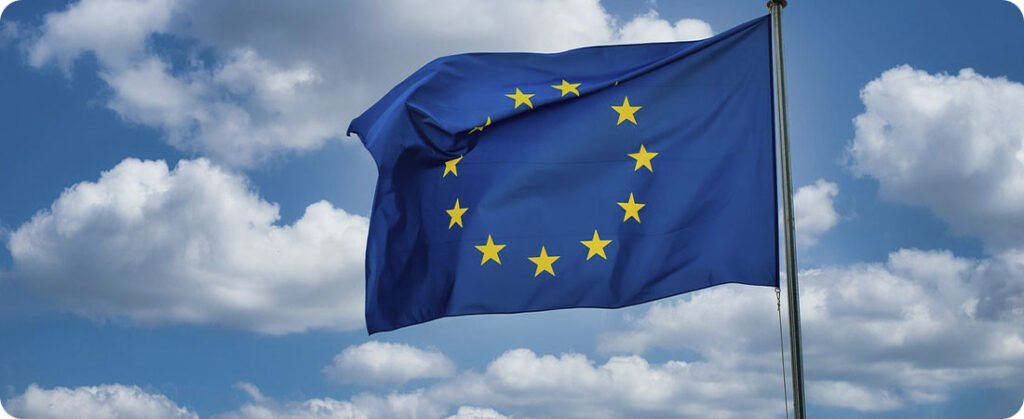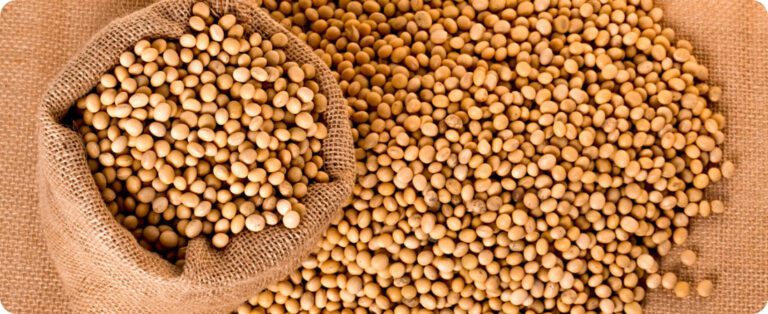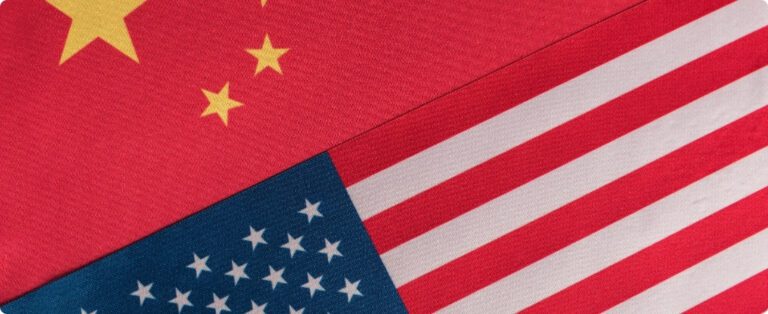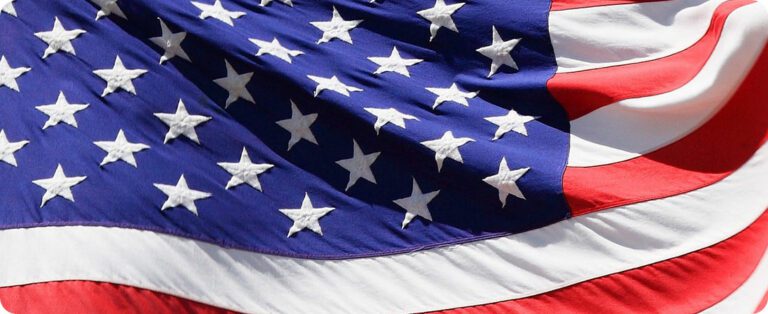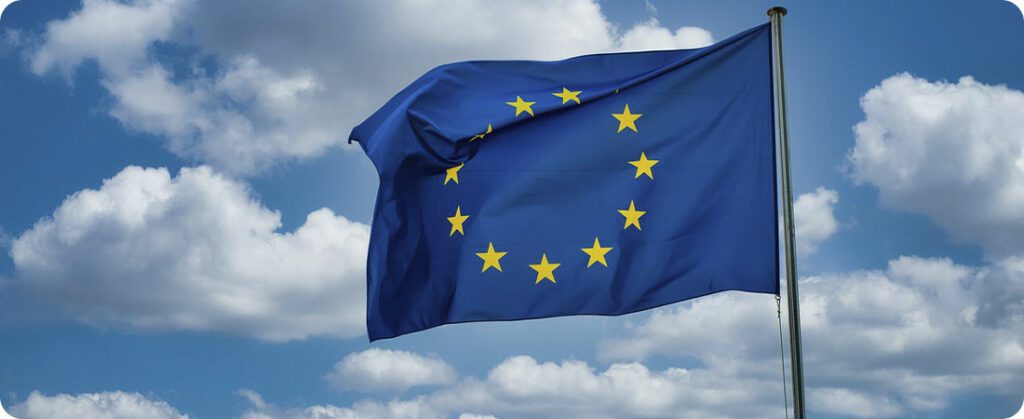
Initially, products from just four countries will face the strictest controls under the anti-deforestation law of the European Union. On the other hand, the European Union has spared major forest nations, including Brazil and Indonesia, from the toughest rules.
According to the European Commission, in an act published on Thursday, the law would classify products imported from Belarus, Myanmar, North Korea and Russia as having a “high risk” of fueling deforestation.
Additionally, countries such as Brazil and Indonesia — which have historically recorded some of the highest deforestation rates in the world — will be labelled as “standard risk”. This means they will face lighter compliance checks on products exported to Europe.
New legislation requires traceability and environmental proof
The law, a world first, will impose due diligence requirements on companies trading products such as soy, beef, palm oil, timber, cocoa, coffee and chocolate in the EU market. For this reason, the measure has been vehemently opposed by countries such as Brazil and Indonesia, which consider it onerous and costly.
In addition, EU countries will have to carry out compliance checks. Specifically, these checks will have to cover 9% of companies exporting from high-risk countries. On the other hand, in the case of standard-risk countries, the requirement will be 3%. For low-risk countries, the checks will cover only 1% of companies.
Criticism of the exclusion of Brazil and Indonesia from the high-risk group
The United States was among the countries labeled “low risk,” meaning its companies still need to collect information about their supply chains but are not required to assess and address deforestation risks.
Companies located in high-risk and standard-risk countries will need to report when and where they produced the commodities. They will also need to prove, with verifiable data, that these products were not grown on land deforested after 2020. This requirement could impact the competitiveness of palm oil.
The Indonesian Palm Oil Association, GAPKI, said the EU should have classified Indonesia, the world’s largest palm oil exporter, as a low-risk country. It said the classification should have been done alongside the US, China, Thailand and Australia. “The EU has not seen Indonesia’s achievement in significantly reducing the rate of deforestation in recent years,” said GAPKI Secretary General Hadi Sugeng Wahyudiono. He added that requiring due diligence on shipments would increase costs and reduce the competitiveness of palm oil.
NGOs disagree on the effectiveness of the European measure
Campaigners criticized the EU's decision to impose the toughest controls on just four nations, but said even lower-risk countries would face some, albeit simpler, due diligence obligations.
In practice, this should not undermine the law's power to save forests, said Giulia Bondi, an activist with the nonprofit group Global Witness.
On the other hand, the Rainforest Foundation Norway (RFN) was less optimistic and called on the EU to tighten controls.
According to RFN Director Toerris Jaeger, it is simply unbelievable that the EU does not classify Brazil as high risk. He pointed out that in 2024, the country was responsible for 42% of tropical forest loss. Furthermore, this figure represents more than double compared to the previous year, according to a recent report by Global Forest Watch.
In response, the Commission said it labeled countries based on scientific evidence and data.
Finally, the EU law will come into force from the end of 2025 for large companies and from June 2026 for small companies. Non-compliance could result in fines of up to 4% of a company’s turnover in an EU country.
Source: Notícias Agrícolas

